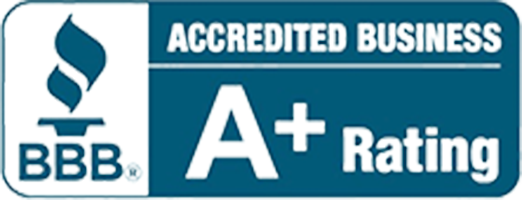
MICHIGAN CLERGY SEXUAL ABUSE LAWYERS
Providing Legal Advocacy & Resources for Survivors
At Grewal Law PLLC, we will represent you with genuine care and compassion, and we will be your advocate. We successfully represented one-third of the sexual assault survivors in the MSU and Larry Nassar lawsuits, which resulted in a $500 million settlement. We represent over two dozen clergy abuse survivors and have already recovered $225,000 on behalf of a client who was sexually abused by a Catholic priest during our client’s time at a Lansing orphanage.
You can be confident that we will approach your case with the same compassion and tenacity as we do with every survivor of sexual abuse. Let Grewal Law PLLC be your voice and fight for what’s right.
Other reasons why you can trust in Grewal Law PLLC:
- We have more than 100 years of collective legal experience.
- We have been helping clients in Michigan for decades.
- We are highly praised by past clients.
- We have a long history of winning settlements and verdicts.
Survivors of clergy abuse often feel alone, but there are countless resources available nationally and locally to help them heal from this type of traumatic experience. Our team at Grewal Law PLLC is dedicated to helping you receive the justice you deserve if you are a victim of an assault.
You can call (888) 211-5798 at any time — 24/7 — to schedule a FREE, confidential case evaluation about your clergy sexual abuse claim.
What Is Clergy Abuse?
Clergy abuse is any inappropriate behavior perpetrated by a clergy member against someone else in their congregation or community.
Some forms of this abuse include:
- Physical
- Emotional
- Sexual
- Financial
- Spiritual
- Psychological
Some examples of these forms of clergy abuse include:
- Inappropriate touching
- Coercion to engage in activities outside the scope of religious practice
- Engaging in unwanted sexual conversations
- Using peer pressure for sexual pleasure
- Verbal harassment or intimidation as manipulation tactics designed to control the victim’s behavior
Why Does Clergy Abuse Happen?
Clergy members are often viewed as people who have authority over others within a religious community and are respected societal leaders. As such, they may use this position to manipulate or coerce vulnerable members into participating in activities they would not otherwise consent to if given a choice. Additionally, some perpetrators may feel their victims are too weak or powerless to speak out if abused.
The Impact of Clergy Abuse
The impact of clergy abuse can be devastating for victims and survivors alike. Victims often experience guilt, shame, anger, anxiety, and depression as they struggle to make sense of their experiences.
Survivors may also struggle with issues related to trust in relationships and faith organizations going forward. Additionally, victims may have post-traumatic stress disorder due to the trauma they experienced at the hands of their abuser(s).
Reporting Clergy Abuse
The most important thing you can do to protect survivors of clergy abuse is to report any suspected instances immediately and hold their perpetrators accountable for their actions. Additionally, know the warning signs that someone might be abusing their power. Warning signs of clergy abuse include increased secrecy around certain activities and isolation from other members within the congregation or community.
Lastly, knowing what steps to take if something happens within your congregation or community is vital. Hiring an experienced clergy abuse attorney should be your first step. With their knowledge and experience, an attorney can walk you through the entire process to help you get the justice and closure you deserve.
To get a fearless team of Michigan sexual assault attorneys on the job, call us at (888) 211-5798 right now.


Our Settlements & Verdicts
-
$500 Million Larry Nassar Lawsuit - Sexual Abuse
We represented 111 of the 333 survivors in the lawsuits against Michigan State University for sexual abuse involving the former MSU doctor, Larry Nassar.
-
$490 Million Robert Anderson Lawsuit - Sexual Abuse
Grewal Law is part of a legal team currently representing over 200 survivors of Robert Anderson at University of Michigan. The case has settled with a $490 million settlement.
-
$380 Million USA Gymnastics Settlement - Sexual Abuse
USAG/USOPC Sexual Abuse Lawsuits Settle for $380 million. We represent 112 of the approximately 500 survivors who will share in the settlement.
-
$144 Million FBI Settlement - Sexual Abuse
We represented 44 of the 144 clients for approx. $144 million settlement. The FBI failed to timely and adequately investigate credible claims of abuse levied against Larry Nassar beginning no later than June or July of 2015, resulting in hundreds of additional incidents of sexual abuse until Nassar was finally arrested in November 2016.


Client Testimonials
-
"Thank you so much for all of your dedication and assistance!"Grewal Law has been amazingly empathetic and forward-thinking through this very emotional and trying time.- Anonymous
-
"The service from this company is fantastic. It is a team that will represent you well."Grewal Law offers a service to its clients, that is professional and the entire staff makes a personal effort to help each individual.- M.L.O
Free Crisis Counseling Available
If you or a loved one is still dealing with the traumatizing effects of clergy sexual abuse, you’re not alone. The State of MI Sexual Assault Voices 4 Hotline is available 24/7 and can provide free and confidential crisis counseling, as often as you need it. Open to sexual assault survivors of all backgrounds, the anonymous hotline is hosted by the Michigan Coalition to End Domestic & Sexual Violence, and staffed by caring professional advocates trained to deal with clergy sexual abuse cases.
Call 855-VOICES4 now to speak with an advocate, or learn more about The State of MI Sexual Assault Voices 4 Hotline here.
Pursuing a Clergy Sexual Abuse Claim
Pursuing a clergy sexual abuse claim can be an incredibly difficult and daunting prospect for victims of such abuse. A qualified attorney will remain sensitive to the individual needs of their client, navigating both the legal elements of the situation and providing compassionate care.
Many clergy sexual abuse cases are complex in nature, warranting experienced counsel who understand not only state criminal codes, but also ways of working with canon law and religious organizations. With an experienced legal team to work through the process step by step, individuals will have a better chance of achieving closure and justice.

Meet Our Team
A Relentless Firm That Doesn't Take No For An Answer
-
 Manvir (Mick) S. Grewal Sr. Founder and Managing Partner
Manvir (Mick) S. Grewal Sr. Founder and Managing Partner -
 Scott Weidenfeller Attorney; Medical Malpractice & Personal Injury Team Leader
Scott Weidenfeller Attorney; Medical Malpractice & Personal Injury Team Leader -
 Ayanna D. Neal Attorney; Sexual Assault & Civil Rights Team Leader
Ayanna D. Neal Attorney; Sexual Assault & Civil Rights Team Leader -
 Nolan L. Erickson Attorney; New Client Intake Coordinator & Mass Torts Projects
Nolan L. Erickson Attorney; New Client Intake Coordinator & Mass Torts Projects -
 Rico D. Neal Attorney; Criminal Team Leader
Rico D. Neal Attorney; Criminal Team Leader -
 David S. Mittleman Litigating Attorney
David S. Mittleman Litigating Attorney -
 Gurrajan Gill Attorney
Gurrajan Gill Attorney -
 Michael Szparaga Attorney
Michael Szparaga Attorney -
 Micaela Dalrymple Attorney
Micaela Dalrymple Attorney


Why Choose Grewal Law PLLC?
-
Family-owned and nationally recognized
-
Proven track record of success
-
Client-focused approach
-
Our team is accessible 24/7
-
Serving the Michigan area for decades
-
100+ years of combined legal experience



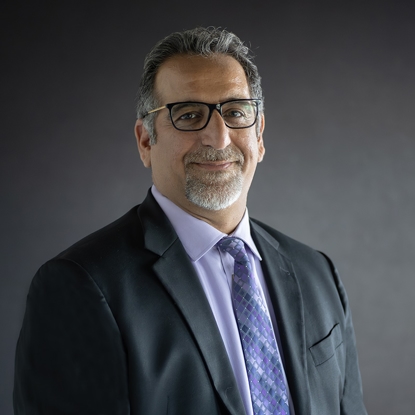
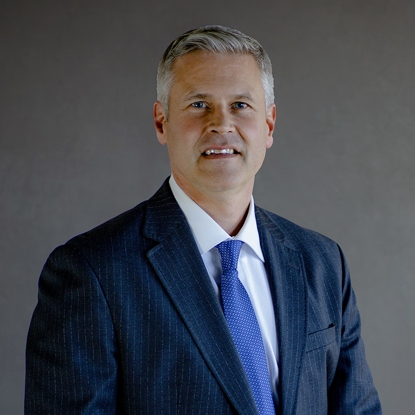
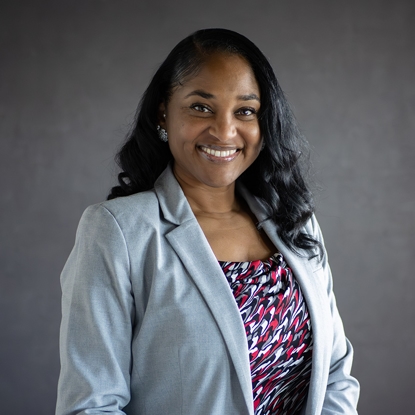
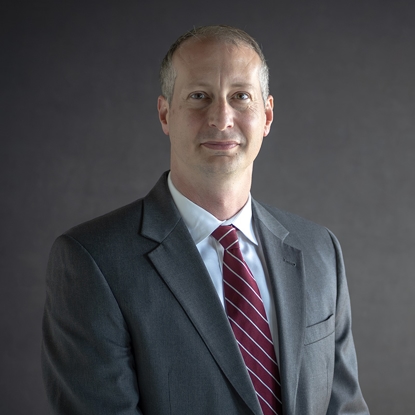
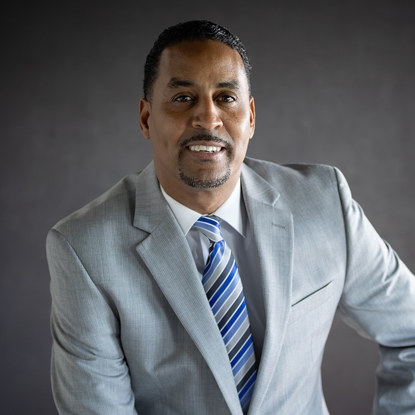




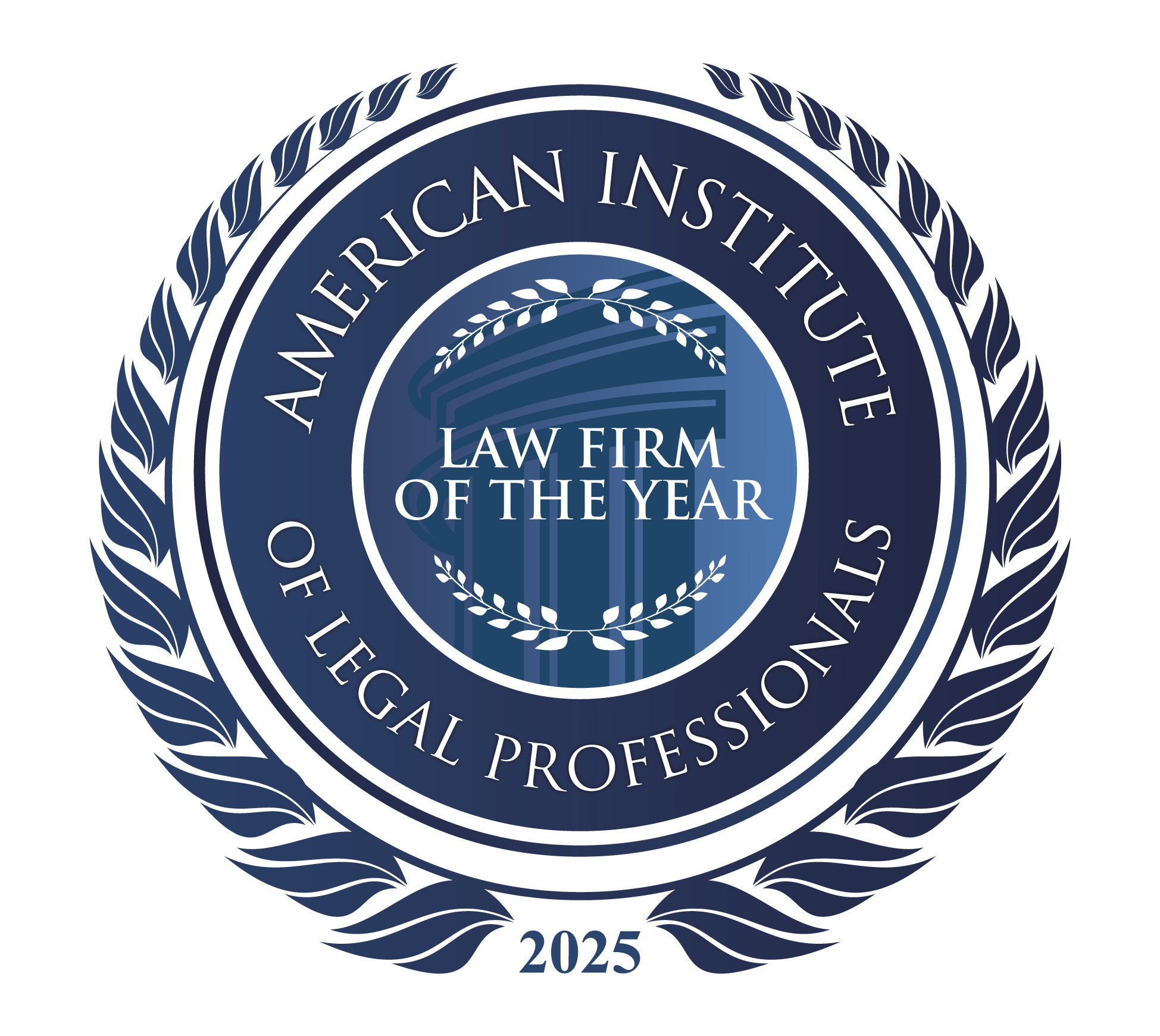
.2504251221568.png)

